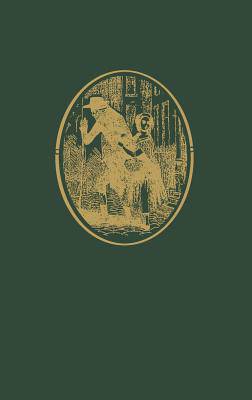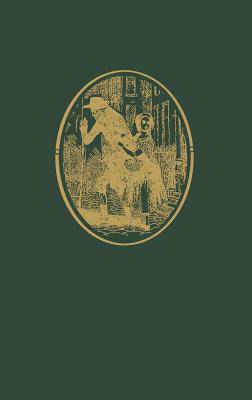
- Afhalen na 1 uur in een winkel met voorraad
- Gratis thuislevering in België vanaf € 30
- Ruim aanbod met 7 miljoen producten
- Afhalen na 1 uur in een winkel met voorraad
- Gratis thuislevering in België vanaf € 30
- Ruim aanbod met 7 miljoen producten
Omschrijving
If Martin Chuzzlewit (1843-1844) is, as Steven Marcus has claimed, the first novel of Dickens' maturity, it is also true, as Robert E. Lougy has observed, that it is a novel to which readers and critics do not quite know how to respond. By examining the overlapping contexts within which Dickens composed this work, The Companion to ^UMartin Chuzzlewit makes original contributions to our understanding of the novel and its complex reception. The notes revise and expand the conventional wisdom regarding the sources for the American chapters, demonstrating that Dickens drew on a much wider field of writings about America than we have traditionally acknowledged. A more complete context provides insight into Dickens' composing process, allows us to read more accurately the ideological ground on which he constructed his view of America, and sheds light in the plot anomalies surrounding young Martin's emigration.
By reading Martin Chuzzlewit in the light of contemporary professional journals, the notes expose in a more finely nuanced way the contemporary issues that underlay Dickens' portrayal of Pecksniff, young Martin, and the architectural scene. They show Dickens working within a set of concerns and controversies well known to his audience. Finally, the notes point to previously unidentified influences on the plot and characters of Martin Chuzzlewit and to the impact of Dickens' thinking on a wide range of texts, from the Bridgewater Treaties to the Bible, from popular songs and newspaper advertisements to medical treatises and parliamentary reports. An invaluable research and reference tool for Dickens scholars, students, and readers alike.Specificaties
Betrokkenen
- Auteur(s):
- Uitgeverij:
Inhoud
- Aantal bladzijden:
- 576
- Taal:
- Engels
- Reeks:
- Reeksnummer:
- nr. 8
Eigenschappen
- Productcode (EAN):
- 9780313323102
- Verschijningsdatum:
- 30/11/2001
- Uitvoering:
- Hardcover
- Formaat:
- Genaaid
- Afmetingen:
- 166 mm x 240 mm
- Gewicht:
- 1088 g

Alleen bij Standaard Boekhandel
Beoordelingen
We publiceren alleen reviews die voldoen aan de voorwaarden voor reviews. Bekijk onze voorwaarden voor reviews.











